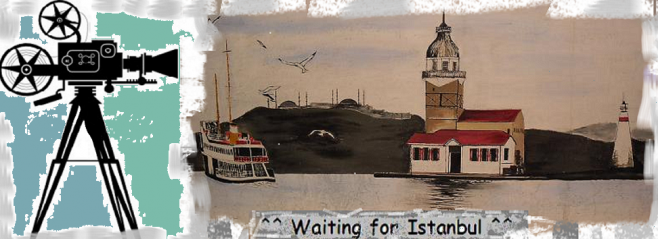In The Beckoning Silence, Joe Simpson–whose amazing battle for survival featured in the multi-award winning “Touching the Void”–travels to the treacherous North Face of the Eiger to tell the story of one of mountaineerings most epic tragedies. As a child, it was this story and that of one of the climbers in particular, that first captured Simpsons imagination and inspired him to take up mountaineering.
Toni Kurz was a brilliant young mountaineer, who along with three other climbers tried to climb the mountain in 1936, which was then the last great unconquered peak in the Alps. Their assault on the mountain started well, but then disaster struck. One by one Kurzs colleagues were killed, leaving him alone, hanging on the end of a rope fighting for his life in the most horrific of circumstances. Over 50 years later in Peru, Kurzs story haunted Simpson as he battled for his own survival while hanging in mid-air. His plight uncannily mirrored that of Kurz–except, against all the odds, Simpson lived whilst his hero had perished.
The Beckoning Silence tells the story of Kurzs heroic battle for survival, but in the process it also forces Simpson to confront a fundamental question: why continue climbing when you have come so close to oblivion? In this gripping, action-packed adventure film with a difference, Simpson finally confronts his demons on the Eigers North Face, and rediscovers the thrill of the climb that once made him feel so alive. (Imdb)
By Patricia Wynn Davies
In The Beckoning Silence, the first in an Edge of Endurance season on Channel 4, climber Joe Simpson set off to recount the story of one of those tragedies, one it turned out he was particularly well-attuned to tell. We started by reference to the now famous accident Simpson had in the Andes at age 25, when climbing partner Simon Yates was forced to cut Simpson’s rope, sending him hurtling hundreds of feet into a crevasse – the disaster recounted in Simpson’s book Touching the Void and, especially nail-bitingly, in Kevin Macdonald’s film. Here, the main focus was the horrific experience, told in dramatic reconstruction, of a young German climber called Toni Kurz, who with three colleagues came to grief on the treacherous, sunless North Face of the Eiger in 1936. Or should I say the main one of a number of focuses, for Simpson was clearly determined to confront several topics at once.
One concerned the brooding, frightening but hypnotic power of the North Face, one of the most unforgiving terrains on the planet, and how the smallest change in circumstance can doom the best of men. Another was the similarity between Kurz’s tragic end and Simpson’s own near-death experience – Kurz died hanging on the end of a rope. “I am finished,” he had called out in a clear voice when he realised he would never come within reach of his rescue party a mere 50ft below. He had dangled on his rope for two days and two nights. Another subject was the difference between Simpson’s attitude to climbing after his accident and now. That meant a lot of strands for director Louise Osmond to keep under control, along with scenes on the mountain in which Simpson, with the aid of a helicopter at one point, retraced the nerve-wracking challenges that Kurz and his team had faced. The several layers certainly took this film out of the realms of the standard endurance documentary. It took its time in building up a head of tension, it wasn’t Touching the Void mark two, but it was ambitious and reflective.
That mountaineering is an unfathomable business was clear from the outset, when Simpson revealed that it was Kurz’s agonising death that inspired him to take up climbing in the first place – “because he never gave up, right to the end”.
Mountaineering was life-enhancing and life-defining. But in fact, Simpson’s views began to change some time back, with the misgivings he expressed in the book of The Beckoning Silence, published in 2002. Writing about his passion, he told us, had convinced him that it was also killing too many people, and now the passion was gone. Like other spent passions, I suppose, he now viewed it as “completely illogical”. Climbing was “not justifiable by any rational terms”, which is about as much as anyone can say.
I’ll declare an interest and reveal that I am a fan of ubiquitous, outrageous, kohl-eyed Russell Brand, which some people my age apparently find strange. But beneath the back-combed hair lies a smart if unconventional mind. Russell Brand’s Ponderland (Channel 4), showing each night this week, combines reminiscences on various topics with archive and newly-filmed segments, plus phone calls to supposedly “unsuspecting” targets. Last night’s opener was about the fears and confusions of childhood and the phone target Russell’s dad Ron, who was called upon to reflect on the difference in colour between boys’ and men’s willies. Well, Brand has never been known for holding back, though I sensed a slightly less wild Brand than hitherto. There were even some grains of common sense amid the hilarity, the f-words and the “awright” accent.

